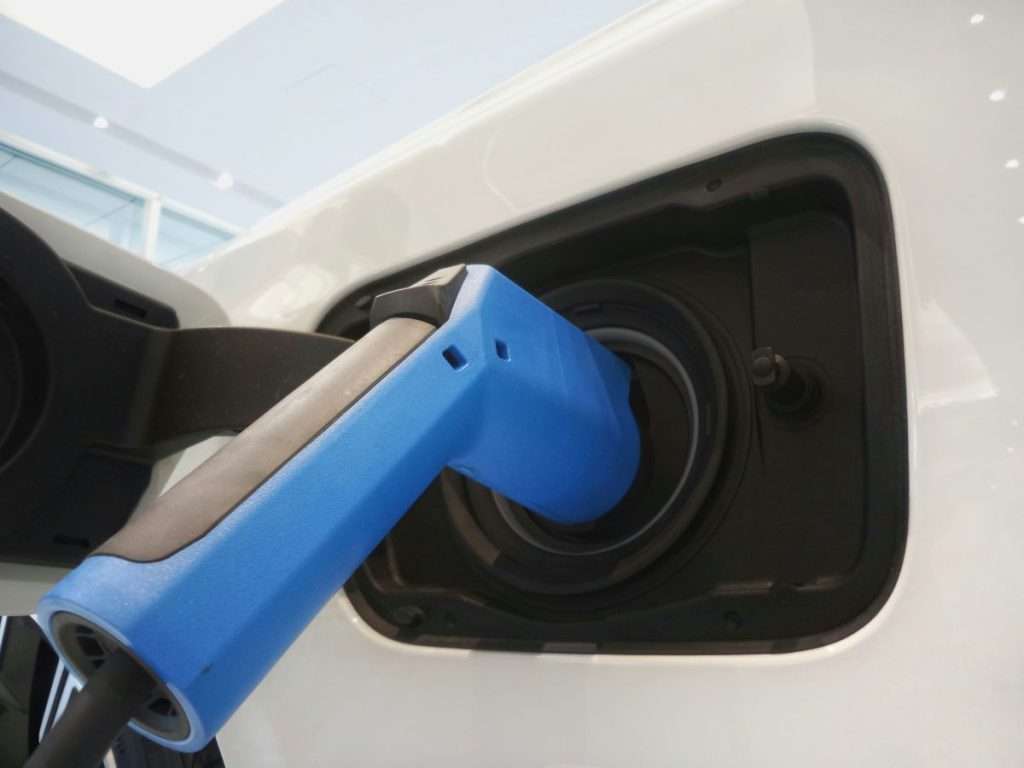As China urges its automakers to keep advanced electric vehicle (EV) technology within its borders, the global supply chain could face significant disruptions. This move could impact the global expansion plans of Chinese automakers and the economies of countries hoping to benefit from their investments.
China’s EV Tech Retention Strategy
China has reportedly advised its automakers to ensure that advanced EV technology remains within the country, even as they establish factories globally to avoid tariffs on Chinese exports. The strategy involves exporting so-called knock-down kits to foreign plants, meaning key vehicle parts would be produced domestically and then sent for final assembly in the destination market.
This move comes as companies like BYD Co. and Chery Automobile Co. are planning to build factories in various countries, from Spain to Thailand and Hungary, as their innovative and affordable EVs gain traction in foreign markets.
Potential Global Impact
This directive could potentially hinder Chinese automakers’ efforts to globalize as they seek new customers to counteract intense competition and slow sales at home. Countries hoping to attract Chinese automakers for local economic growth and job creation could also be affected. For instance, BYD’s planned factory in Turkey, expected to have an annual capacity of 150,000 cars and employ up to 5,000 people, could be impacted.
Regulatory Hurdles and Market Reactions
Chinese automakers are also facing regulatory challenges in their global expansion efforts. For instance, the European Commission has warned that firms must meet rules-of-origin requirements that dictate a minimum level of value must be created in the EU.
In response to China’s directive, Chinese EV stocks saw a slight dip on September 12, with SAIC Motor falling more than 1% in Shanghai and Geely Automobile Holdings Ltd. and BYD slightly down in Hong Kong.
China’s strategy to retain advanced EV technology within its borders could have far-reaching implications for the global supply chain and the economies of countries hoping to benefit from Chinese automakers’ investments. As the situation unfolds, supply chain leaders should closely monitor these developments and adjust their strategies accordingly.







